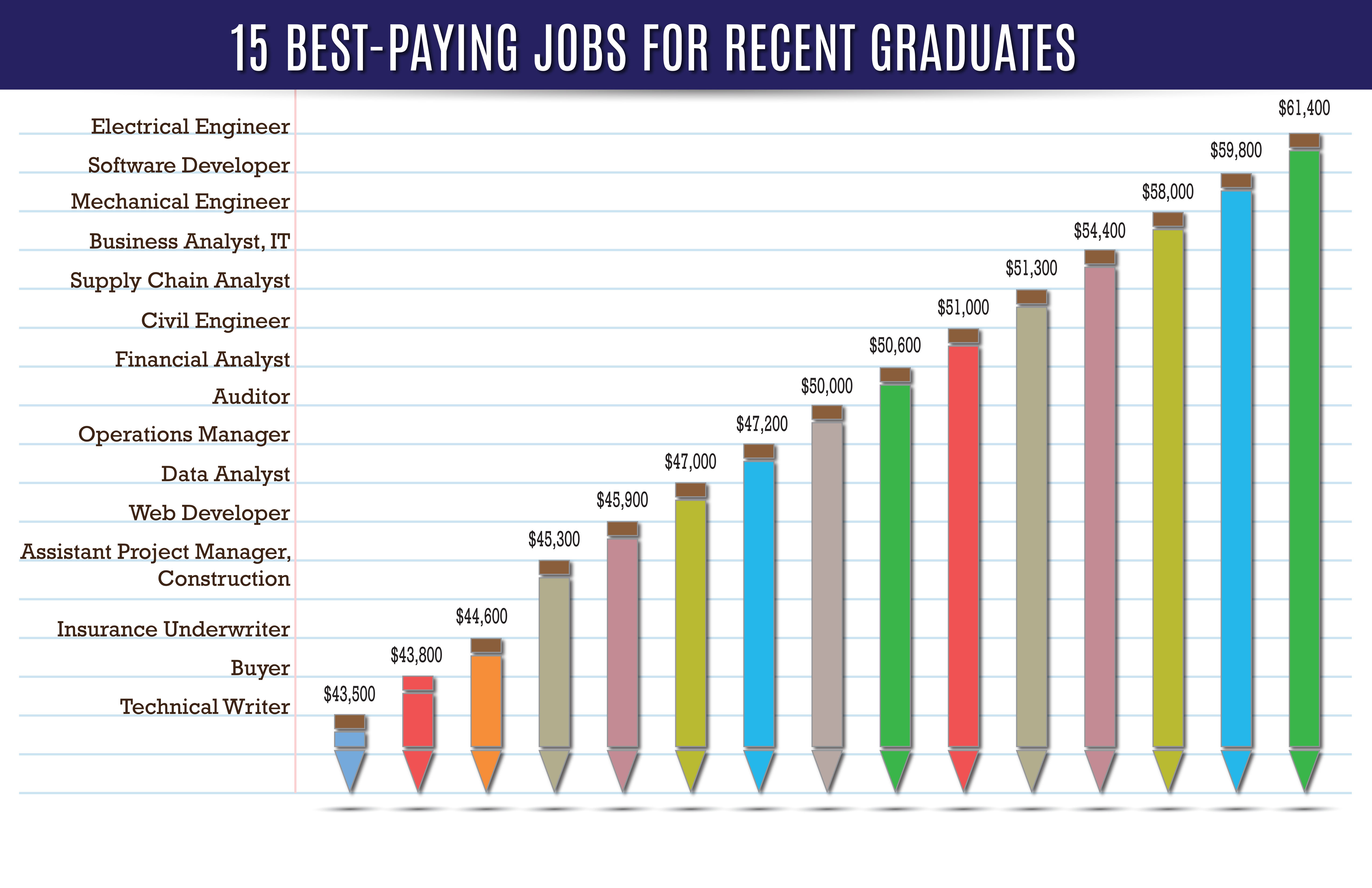Are you tired of the traditional 9-to-5 grind and searching for a career that offers both financial stability and job satisfaction? Forget the outdated notion that a four-year degree is the only path to success. High-paying trade jobs are in high demand, offering competitive salaries, excellent benefits, and the opportunity to work with your hands and build a tangible future.
The skilled trades sector is experiencing a renaissance. With an aging workforce and a growing need for skilled professionals in construction, manufacturing, and other industries, lucrative trade careers are increasingly accessible. Whether you're a recent high school graduate or considering a career change, exploring high-demand, well-compensated trade jobs can be a game-changer.
Historically, trade jobs have formed the backbone of thriving economies. From blacksmiths and carpenters to electricians and plumbers, skilled tradespeople have always played a critical role in building infrastructure and keeping societies functioning. However, in recent decades, a societal emphasis on four-year college degrees led to a decline in interest in vocational training. Now, the pendulum is swinging back, with renewed recognition of the vital importance of skilled trades and the attractive compensation they command.
One of the biggest issues facing the skilled trades sector is the skills gap. As experienced tradespeople retire, there aren't enough qualified workers to fill the open positions. This shortage creates significant opportunities for individuals willing to invest in vocational training and acquire in-demand skills. Furthermore, many perceive trade jobs as physically demanding and less prestigious than white-collar professions. This perception needs to be challenged, as numerous skilled trades require advanced technical knowledge, problem-solving skills, and offer substantial earning potential.
High-paying trade jobs encompass a diverse range of occupations requiring specialized skills acquired through vocational training programs, apprenticeships, or on-the-job experience. These professions often involve hands-on work, technical expertise, and a focus on practical application. Examples of lucrative trade jobs include electricians, plumbers, HVAC technicians, welders, machinists, and construction managers. These careers offer significant earning potential, with experienced professionals often earning six-figure salaries.
One clear benefit of a well-paying trade career is financial security. Skilled tradespeople are often in high demand, allowing them to negotiate competitive salaries and benefits. Another advantage is job satisfaction. Many tradespeople find fulfillment in the tangible results of their work, taking pride in building, repairing, and creating. Finally, trade careers offer flexibility. Some tradespeople choose to work independently, setting their own hours and managing their own businesses.
Ready to explore high-paying trade jobs? Start by researching various trades and identifying careers that align with your interests and aptitudes. Next, look for accredited vocational schools, apprenticeships, or training programs in your chosen field. Networking with industry professionals can provide valuable insights and mentorship opportunities.
Advantages and Disadvantages of High-Paying Trade Jobs
| Advantages | Disadvantages |
|---|---|
| High Earning Potential | Physically Demanding |
| Job Security | Potential for Seasonal Work (some trades) |
| Job Satisfaction | Risk of Workplace Injuries |
Best Practices:
1. Obtain relevant certifications and licenses.
2. Continuously update your skills to stay competitive.
3. Network with other professionals in your field.
4. Prioritize safety on the job.
5. Embrace lifelong learning to adapt to evolving industry trends.
Examples of high-paying trade jobs: Electrician, Plumber, Welder, HVAC Technician, Construction Manager.
Challenges and Solutions:
1. Challenge: Physical demands of the job. Solution: Maintain physical fitness and utilize proper safety equipment.
2. Challenge: Keeping up with technological advancements. Solution: Engage in continuous learning and professional development.
FAQs:
1. What are some of the highest-paying trade jobs? Answer: Examples include electricians, plumbers, and welders.
2. Do I need a college degree for a trade job? Answer: No, but vocational training or apprenticeships are typically required.
3. How long does it take to become a skilled tradesperson? Answer: It varies depending on the trade, but typically ranges from several months to a few years.
4. Are trade jobs in demand? Answer: Yes, many skilled trades are experiencing a shortage of qualified workers.
5. How can I find a trade apprenticeship? Answer: Check with local trade unions, vocational schools, and online resources.
6. What are the typical working conditions for trade jobs? Answer: Many involve physical labor, working outdoors, and sometimes irregular hours.
7. Are there opportunities for advancement in the skilled trades? Answer: Yes, many tradespeople advance to supervisory or management roles.
8. What are some resources for exploring trade careers? Answer: Explore online resources like career websites and industry associations.
Tips and Tricks: Research different trades, network with professionals, and consider shadowing someone in your chosen field.
In conclusion, high-paying trade jobs offer a compelling alternative to the traditional college path. With the increasing demand for skilled workers, competitive salaries, and the opportunity for fulfilling work, the skilled trades provide a pathway to financial security and career satisfaction. The importance of these jobs cannot be overstated, as they are essential for building infrastructure, maintaining vital services, and driving economic growth. By investing in vocational training and embracing lifelong learning, you can unlock a rewarding and well-compensated career in the skilled trades. Take the time to research different trades, connect with industry professionals, and explore the diverse opportunities available. Your future in a high-paying trade job awaits.
Unveiling the forbidden flower episode 22 with english subtitles
Unlock math magic counting by fives videos for kids
Birthday cake wishes for friends a simple guide






